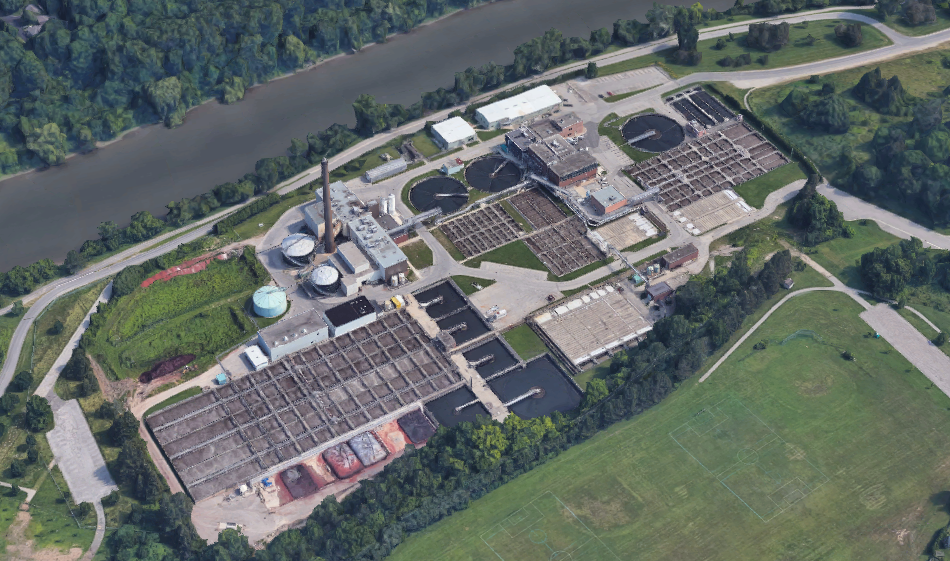While the data certainly stinks, a local wastewater surveillance project is spelling good news for London, Ont., when it comes to containing the spread of COVID-19.

For most of the pandemic, researchers at Western University have been tracking the viral load of SARS-CoV-2 excreted in the feces of infected individuals by sampling from London’s five wastewater treatment plants.
This week, the latest findings showed the first significant drop in viral load so far during the current Omicron wave.
Christopher DeGroot, an assistant professor in Western’s department of mechanical and materials engineering, as well as the co-lead researcher of the project, says the drop was first observed when comparing last Thursday’s wastewater data with last Tuesday’s.
Another drop in viral load was seen in results gathered from a sample taken on Sunday.
“We do believe that based on these findings that we have most likely passed the peak of Omicron infections in London,” DeGroot said.
DeGroot says the findings are consistent with what’s been reported from the Middlesex-London Health Unit in regard to a potential peak in cases.
During a media briefing on Tuesday, acting medical officer of health Dr. Alex Summers said that while COVID-19 rates are high, “some early indications are consistently suggesting that we are seeing a plateau in the burden of illness in our community.”
Ontario Health Minister Christine Elliott also noted on Wednesday morning that the province is starting to see “glimmers of hope” in fight against COVID-19’s Omicron variant, with cases expected to peak this month followed by a peak in hospitalizations and ICU admissions.

Tracking of COVID-19 spread has changed in recent weeks and daily case counts are no longer considered a fully reliable reflection of the virus’ activity, thanks to changes in eligibility for PCR testing.
DeGroot says this has made wastewater surveillance more valuable than ever.
“We don’t really know the true case numbers whereas if someone is infected, we know that they’re shedding virus into the sewer system which we’re picking up at the wastewater treatment plant,” DeGroot said, adding that the ongoing monitoring of wastewater will be vital to seeing whether the downward trend continues.
“There’s going to be changes in behaviour, things like school openings and potential reductions in health restrictions, and so all of those can change the number of contacts people have and the number of infections that occur.”
First announced as a pilot in July 2020, the project, which is jointly led by fellow Western professor Eric Arts, has evolved in its ability to track COVID-19 data in wastewater.
“Late last year, we started doing genomic sequencing on the wastewater and that was just prior to the Omicron wave,” DeGroot said.
“We were able to notice that the presence of Omicron in the wastewater went from nearly zero when we started doing the sequencing to the case now where it’s clearly dominant.”

The City of London also has a hand in the project by providing the samples analyzed by researchers.
Gary Burrows, a supervisor of wastewater operations for the city, says surveillance projects such as the one in London have spurred countless conversations in wastewater circles.
Burrows says this includes sharing knowledge through networks such as the Water Environment Association of Ontario.
“I’m a board member on that, I represent professional wastewater operators for Ontario, and we send reports in and look for information from other municipalities that are occurring during this COVID time to see if we can help out people within our wastewater networking system,” Burrows said.
The work has also made Burrows excited for the future of wastewater surveillance, which he believes may be used to track other items of interest, such as new viruses or items that are harmful to the environment.
“I think the research has really opened up what wastewater-based epidemiology can do.”











Comments